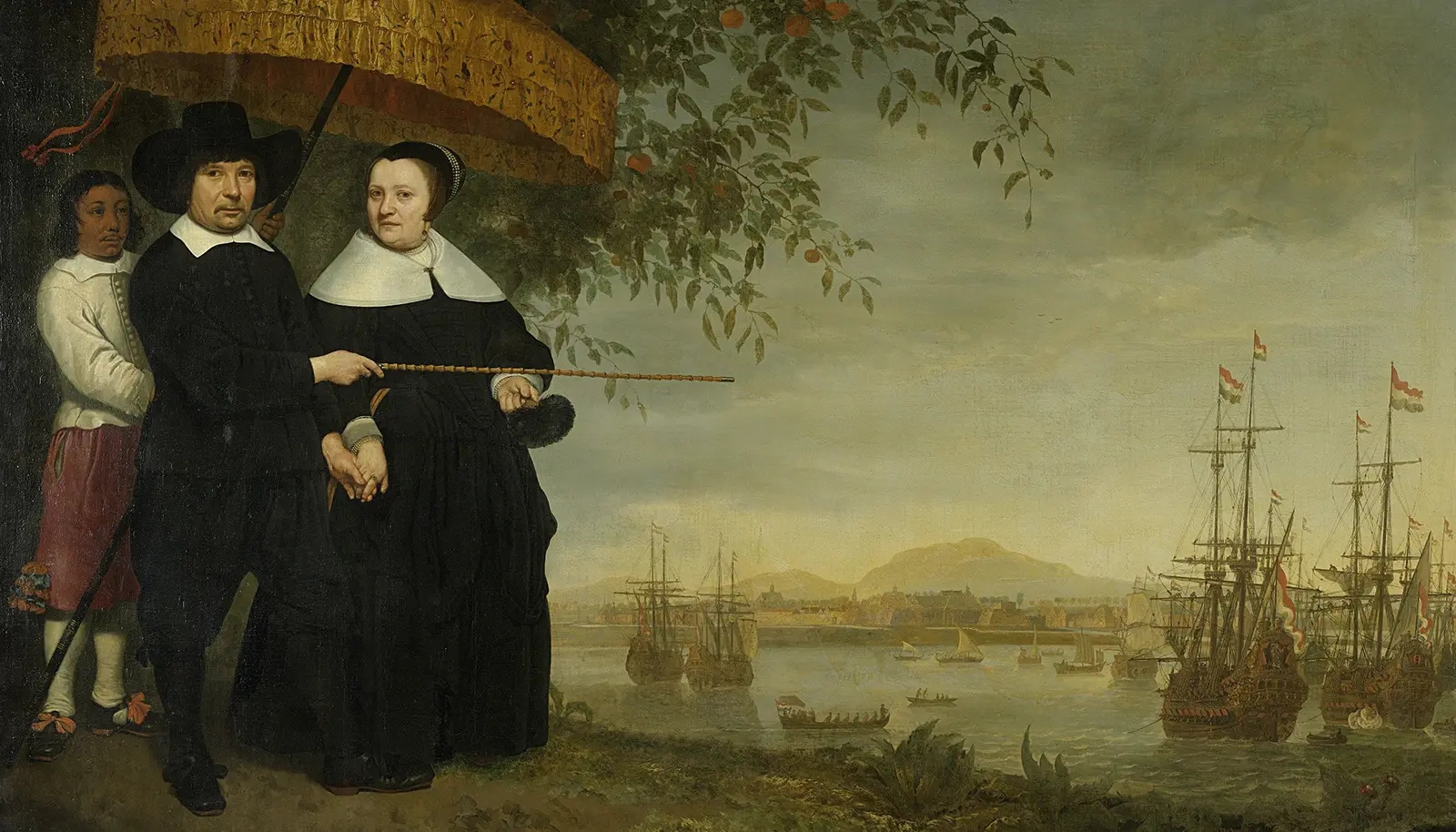
The Temporary Protection Directive (2001/55/EC), activated by Council Decision (EU) 2022/382, obliges Member States to provide accommodation to Ukrainian displaced persons who fall under specific categories. In the Netherlands, municipalities are responsible for this. In practice, however, refusals are not uncommon, primarily due to a lack of places or doubts about identity and residence status. This article outlines the legal grounds for the right to accommodation, examines the Dutch reception and triage procedure, and analyzes the legal remedies against refusals by municipalities.
- Framework of Temporary Protection
Based on the Temporary Protection Directive¹, Ukrainian displaced persons from specific categories are granted immediate temporary protection. Council Decision (EU) 2022/382 specifies this protection for Ukrainian citizens and certain categories of third-country nationals².
The Netherlands has implemented this through national regulations, including Article 3.9a of the Aliens Regulation (Voorschrift Vreemdelingen) and IND Instruction 2022/17. The main eligible groups are:
- Citizens of Ukraine who were residing in the country on 23 February 2022 or who left on or after 27 November 2021 due to the escalating threat;
- Third-country nationals with a valid permanent residence permit for Ukraine on 23 February 2022, provided they did not leave the country before that date;
- Family members of the above-mentioned persons, provided the conditions of cohabitation are met³.
- Municipal Responsibility for Accommodation
The duty to provide reception stems from the direct right to temporary protection. The reception procedure is regulated by the Regulation on the Reception of Displaced Persons from Ukraine (RooO). A municipality is obliged to provide accommodation as soon as it is sufficiently plausible that a person falls under the scope of the Directive. This also follows from the European Commission’s Operational Guidelines⁴:
“The right to temporary protection arises immediately. […] When approaching the authorities […] it is sufficient to simply confirm citizenship, international or equivalent national protection status, residence in Ukraine or, where relevant, family links.”
So-called “indicative evidence”—passports, identity cards, and other official documents—is sufficient for this purpose. The formal verification of status is carried out by the Immigration and Naturalisation Service (IND) later.
- Reception and Triage Procedure
3.1 Registration in the Municipality
The displaced person reports to a municipality. If there is sufficient data on identity and status, the municipality must decide within five days on registration in the Personal Records Database (BRP) under code 46. This registration provides access to benefits and other measures under the RooO. An appointment is then made with the IND for the issuance of a residence document. Only at this stage does the IND conduct a formal verification.
3.2 Triage Process
If there are doubts about the right to temporary protection, the municipality can request a “triage consultation” from the IND. In the case of a negative opinion, the IND issues a formal decision to refuse temporary protection, as well as, typically, a return decision. An objection and appeal can be filed against this decision.
- Shortage of Places and Closure of Central Hubs
After the war began, temporary “hubs” (Amsterdam, Utrecht, Rotterdam) were set up in the Netherlands for centralized registration. However, these hubs did not have a formal legal role like, for example, the reception center in Ter Apel for asylum seekers. The hub in Utrecht, which primarily received vulnerable groups, was closed in February 2024 due to a shortage of places in the municipalities. Since then, the policy has been for displaced persons to apply directly to the municipalities.
- Refusals of Accommodation by Municipalities
Although municipalities are formally obliged to provide accommodation, in practice, refusals occur due to a lack of places or doubts about documents. However, the following legal principles apply:
- If there is sufficient indicative evidence, accommodation cannot be refused.
- The municipality is obliged to immediately organize accommodation and, if necessary, to scale up its infrastructure.
Neither the Directive nor national regulations provide a right to refuse accommodation solely due to a lack of places.
- Legal Remedies Against Refusal
In practice, refusals are often given orally and are not formalized in an official decision. However, even an oral refusal can be qualified as a decision within the meaning of Section 72(3) of the Aliens Act 2000 (Vw). An objection (bezwaar) can be filed against such a decision, and an interim measure can be requested from the court⁵.
6.1 Case Law
There are several illustrative decisions:
- Court of Middelburg, AWB 23/1697, ECLI:NL:RBDHA:2023:2530
The judge denied an interim measure, citing the full capacity of the shelters and that the continued accommodation of “ineligible” displaced persons would infringe on the rights of those who are eligible. - Court of Haarlem, 28 April 2023, NL23.1776, ECLI:NL:RBDHA:2023:8447
An appeal against the refusal of BRP registration was declared inadmissible because a separate procedure exists for challenging the negative triage opinion from the IND itself.
These decisions highlight the distinction between the municipality’s duty to provide accommodation based on sufficient evidence and the formal status verification by the IND.
- Special Attention: Ukrainian Men of Conscription Age
The tightening of Ukrainian mobilization legislation creates an additional complexity. Men aged 18-60 are required to register with the military registry to renew their documents. The Ukrainian embassy in the Netherlands often refuses consular assistance to this category. However, an expired passport is not in itself a reason to refuse accommodation. The municipality can register a displaced person in the BRP under code 46 if their identity has been established⁶.
- Conclusion
The Dutch system is aimed at the quick and accessible organization of accommodation for Ukrainian displaced persons. The municipality is obliged to provide accommodation if there is sufficient evidence, even if the formal IND verification has not yet been conducted. Capacity problems do not release them from this duty. Refusals can be challenged through an administrative objection and a request for an interim measure. In practice, however, these remedies against oral refusals are still underutilized.
Notes
- Directive 2001/55/EC on temporary protection.
- Council Implementing Decision (EU) 2022/382.
- See also parliamentary documents 2023–2024, 36 394, no. 6.
- European Commission, Operational Guidelines (2022/C 126 I/01).
- Section 72(3) of the Aliens Act 2000; see ECLI:NL:RBDHA:2023:2530 and ECLI:NL:RBDHA:2023:8447.
- See the Q&A on the Mobilisation Act on the website of the Dutch central government.






